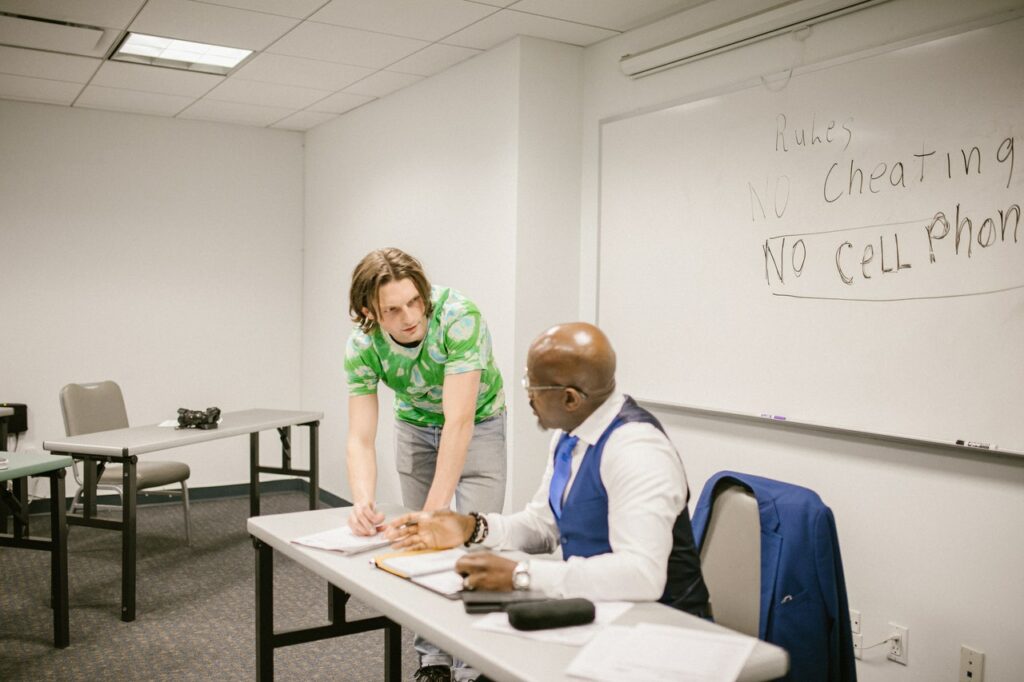Modifications and Accommodations: Understanding the Difference
Modifications vs. Accommodations
Modifications – alterations to the required curriculum (i.e. fewer problems)
Accommodations – alterations to the curriculum delivery (i.e. extended time)
Most students with disabilities understand the accommodations they need and should be capable of explaining their needs to others. If you son or daughter is unable or uncomfortable speaking to others, you might want to consider some practice before going to the college.
Do a little role playing, but first you be the student; let your child be the interviewer. Then reverse the process. If you do go with your son or daughter for the first visit, try hard to stay in the background. The professionals in the disability offices are used to speaking to students who are nervous or anxious. They should be able to put your child as ease. Your son or daughter will be in college classes without you. You are not doing them any favors if you are still handling everything for them.
Your child will be seeking accommodations, not modifications. A modification changes the basic structure and outcome of the course; an accommodation allows the students to share their knowledge without the impact the disability may cause.
Think about it this way: If a student needs to learn how to do CPR, a modification would be only learning half the process…not a good idea! When a student earns a college degree, the college is saying that the student has met all the requirements of the degree program.
By law, the college cannot make modifications to their courses.
If a student needs a course substitution because of a disability, then that matter would also be taken up with the professionals in the disability services office.
A calculator may be an accommodation, but it might be a modification. If the purpose of the class is to teach basic math skills and processes, then a calculator could be a modification. If the purpose of the class is to teach math concepts, then the calculator would likely be an accommodation. Again, the professionals in the disability office can talk to you about the differences.
A typical accommodation is extended test time. If instructors require their students to learn 50 vocabulary words and follow up with a test, then the student needs to discuss possible accommodations with the disability office. An accommodation might be extra time when taking the test, or it might be splitting the test into two sessions. It would NOT be only learning 25 words; learning only 25 words would be a modification.
The important point to remember is that any problem, large or small, must be handled by the student and brought to the attention of the disability services office as soon as possible. Waiting until the end of the semester is usually too late to fix a problem. Students who come back at the end of the semester and announce they had problems with their accommodations may find themselves living with the consequences!



